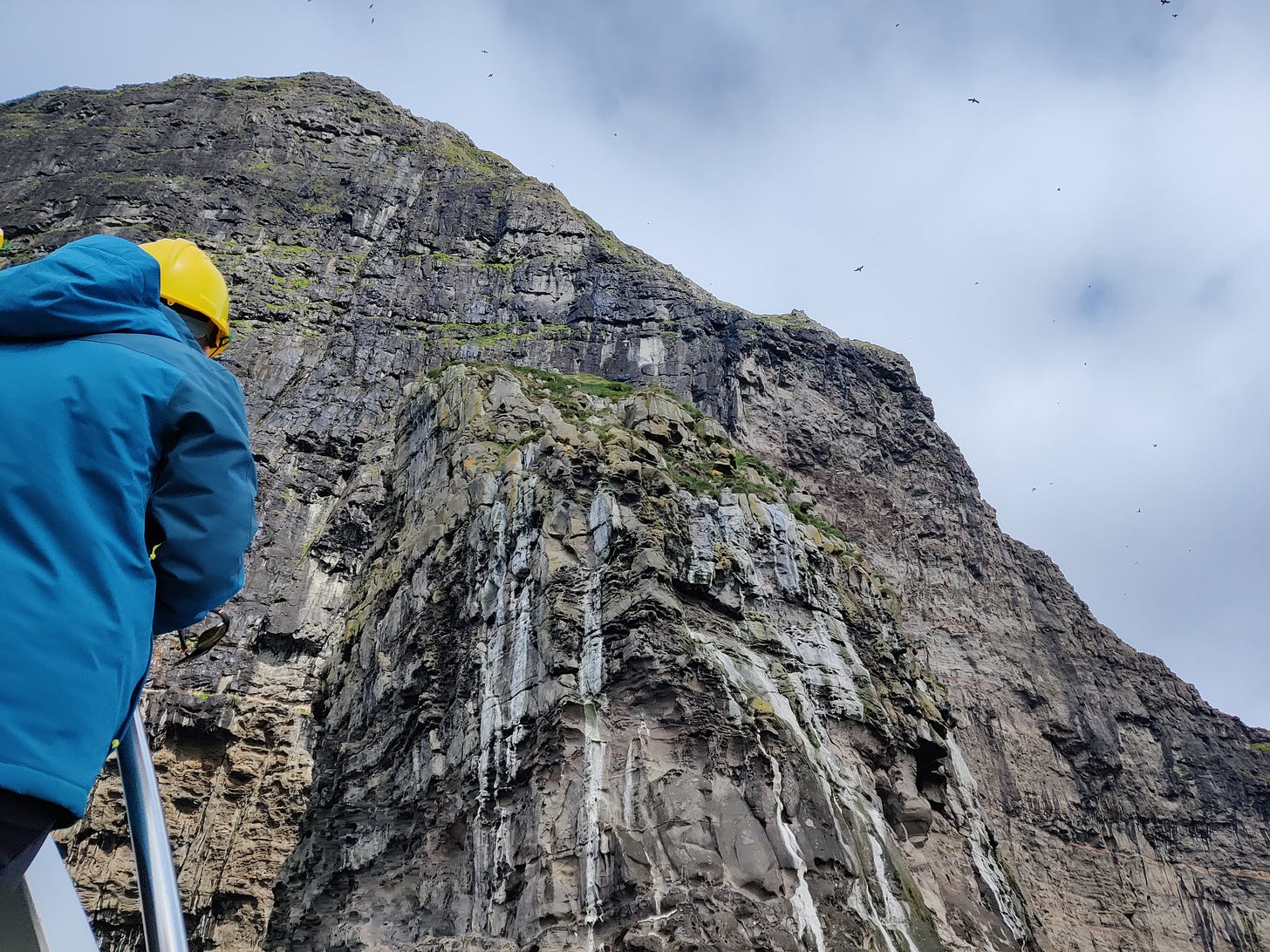It’s All About The Summit
A newsletter about food systems, climate change and everything connected to them
Yes, it is finally here, and it is big and it is quite dizzying. Have a look at the programme and you’ll understand why. Also, it was in New York hours. Yikes.
There are still dozens of Ministers left to speak as I write this + closing remarks and I’m also rushing multiple deadlines so sharing some interesting stuff I saw about the Summit and at the Summit in this issue, and hope to give you a proper run-down of all that transpired in next week’s newsletter. Apologies in advance for typos!
Funding pledges
- The U.S. announced $10 billion over five years to fight food insecurity, malnutrition, support climate mitigation and adaptation and build equitable food systems. Half of this will be invested domestically and the other half for the rest of the world through its Feed The Future programme. Said they plan to reduce stunting and poverty by 20% in targeted countries.
- The Bill & Melinda Gates Foundation pledged $922 million to bring down stubbornly-high malnutrition figures within five years. Melinda Gates, who made the announcement, said this was “the largest commitment” they’ve made in this area.
- The Green Climate Fund (GCF), the world’s largest multilateral climate fund, said it has invested a billion dollars per year from 2015-2019 and aim to double their overall programming from 2020 - 2023. Their focus on climate investment in food will focus on “Three paradigm -shifting pathways” - promoting resilience agroecology, facilitating climate information advisory and risk management services, and re-configuring food systems to resilient low-resilient practices.
The last one isn’t exactly a pledge for funds but interesting nevertheless because of how interlinked climate and food issues are.
Interesting Quotes
“We cannot solve global food security and environmental challenges through isolationism… We commit to ensuring indigenous peoples can help lead the way forward. For New Zealand this means promoting the significant role of Maori in our food sectors, and encouraging the growth of Maori agribusiness by removing barriers and empowering Maori leadership. ”
- Jacinda Arden, Prime Minister of New Zealand
“I’ve heard that this is elite capture. I'm not sure which part of it is elite, and it would be good to hear about that. I've heard that this is a colonial capture. Well, you're speaking to Agnes Kalibata and Amina Mohammed. We are all independence babies so there ain’t no colonial capture there.”
- Amina J. Mohammed, Deputy Secretary-General of UN and former environment minister for Nigeria
“We need food systems that support the health and well-being of all people. Malnutrition, hunger and famine are not forces of nature. They are the result of the actions – or inactions – of all of us.”
“As a global community, we need to shift our approach on agricultural subsidies, and employment support for workers. And we need to re-think how we see and value food — not simply as a commodity to be traded, but as a right that every person shares.”
- Antonio Guterres, U.N. Secretary-General. Read the full speech here.
“The UN food system summit really represents a lived reality that corporations own and control the means, processes and resources in food and agriculture, that billionaires from imperialist countries are more powerful than elected governments and civil society combined in shaping global policies, that our food systems are really not meant to serve the needs and aspirations of the people, but it's solely run by and subservient to the profit motives.”
- Sylvia Mallari, global co-chair of the People’s Coalition on Food Sovereignty (PCFS), at the opening of the Counter Summit on Tuesday, Sep 21.
Stories about the Summit and its controversies
To recap, everyone agrees there needs to be a Food Systems Summit, but they can’t agree on how it should be done and who should have a say.
Here’s my primer on the Summit and the disagreements and a feature on the rival visions of how to get to a hunger-free future.
Recent stories about the Summit and food systems that is worth reading include -
This nuanced piece by Lela Nargi in The Counter
This article about agroecology by Raj Patel, who I’ve quoted before, with beautiful pictures from Malwai. He criticises the exclusion of agroecology at the Summit. To be balanced, I have to add there is a coalition on agroecology and the Summit’s first session has a video dedicated to this initiative. But he is right that a lot of developed nations and large donors seem to turn their noses up at agroecology.
Here’s a short piece in Devex about the counter summit organised by grassroots movements and farmer groups.
As always, have a great weekend! Please feel free to share this post and send tips and thoughts on twitter @thinink, to my LinkedIn page or via e-mail thin@thin-ink.net.





